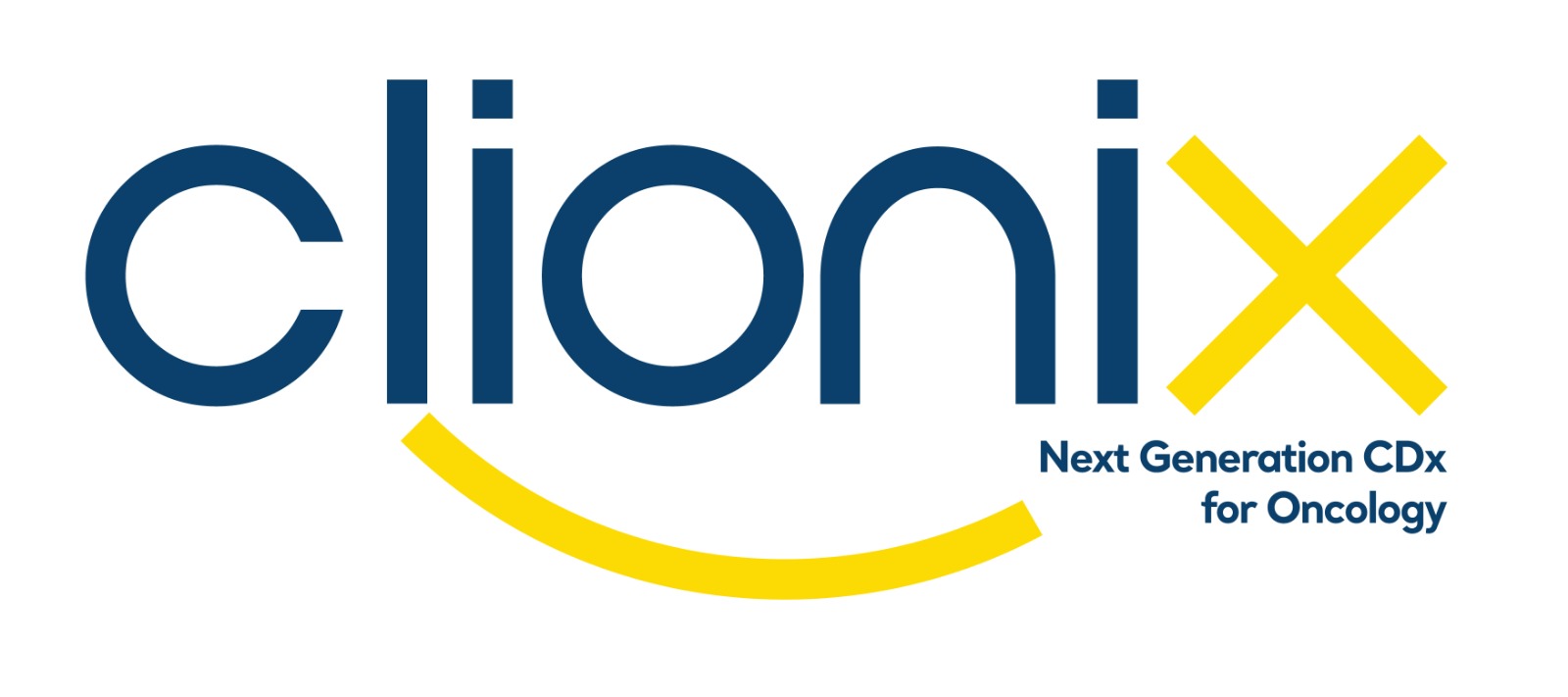Cancer is caused by harmful genetic changes (mutations) that occur randomly in our body, and in most cases it develops by chance. However, some people may be more prone to developing certain types of cancer because of their innate genetic characteristics. This condition is known as hereditary cancer syndrome, and individuals with this syndrome have a higher risk of developing cancer compared to the general population.
About 20,000 genes in our cells provide the necessary information for the production of proteins that regulate vital events in our body. Our genes exist in two copies, one inherited from the mother and the other from the father.
In some cases, some changes may occur in our genes due to environmental factors or advancing age. Sometimes these changes do not cause any effect, in other cases they can cause the production of non-functional or harmful proteins. Changes that cause such harmful effects are called mutations.
Hereditary cancer predisposition may also concern your family members.
In hereditary cancer susceptibility, one of the two copies of the gene or genes associated with cancer has a mutation. This innate mutation carrier is seen in all body cells. Under normal conditions, the non-mutated copy of the gene is sufficient for cells to function properly. But this intact copy can mutate due to environmental factors. In this case, the relevant gene cannot fulfill its function and may cause cancer development.
In the general population, a woman’s lifetime chance of developing breast cancer is 12.5%. Women with a BRCA1 gene mutation have a 72% risk of developing breast cancer up to the age of 80.
Genetic Tests in Hereditary Cancers
- Genetic testing can benefit you and your family if you think you have a hereditary type of cancer .
- Confirmation of your carrier of mutations that can cause cancer.
- Determining which types of cancer you may be at risk for based on the mutation you have.
- Identifying risk-reducing approaches and directing them to preventive medicine services.
- Possibilities about your family members’ risk of developing cancer.
- If you have been diagnosed with cancer, determining the appropriate treatments for you.
When is genetic testing necessary?
- Cancer diagnosis at a young age
- More than one cancer diagnosis in the same person
- Cancer in both organs such as breast and kidney
- Occurrence of the same type of cancer in first-degree relatives
- Multiple cases of cancer in the family
- History of breast, ovarian, colon and endometrial cancer in the family
- Rare types of cancer (e.g. male breast cancer) genetic counseling can be a guide for you.
Genetic Counseling in Hereditary Cancer Susceptibility
Genetic diagnosis of hereditary cancer predisposition is important for patients as well as at-risk family members. Genetic counseling aims to provide detailed information about what test results mean and how they can have effects. Affected sick individuals may be referred for surgical intervention or appropriate treatments. By identifying family members at risk, a test option can be offered. Individuals with positive results can benefit from personalized follow-up and preventive strategies such as preventive surgery, frequent doctor visits, and lifestyle changes. With genetic counseling, it is aimed to help the person make his own decision about his own disease risk and/or disease by conveying the benefits and risks of all possible options.
